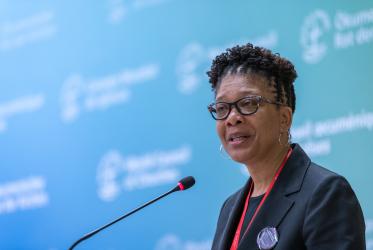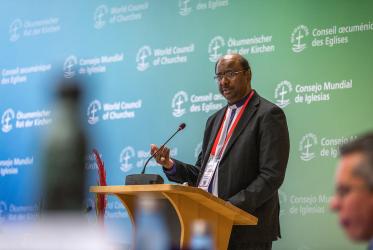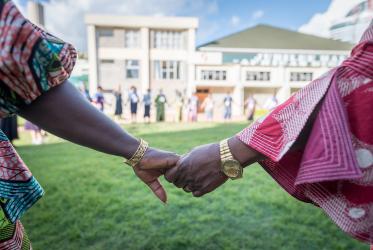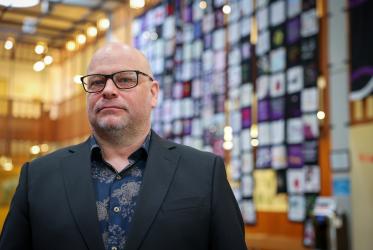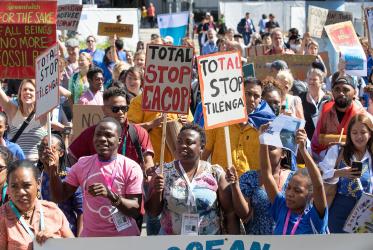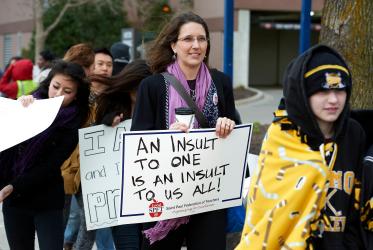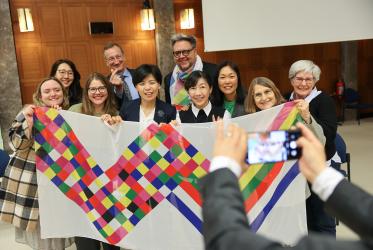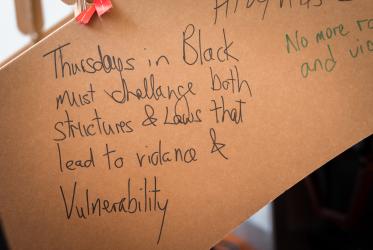Displaying 21 - 40 of 167
Recommended Practices to Combat HIV-Related Stigma
A Guidebook for Local Faith Communities
05 October 2023
Faith Sector Implementation of the Global AIDS Strategy
05 October 2023
Celebratory event discusses Black leaders’ contributions to WCC
06 September 2023
What a woman!
23 June 2023

